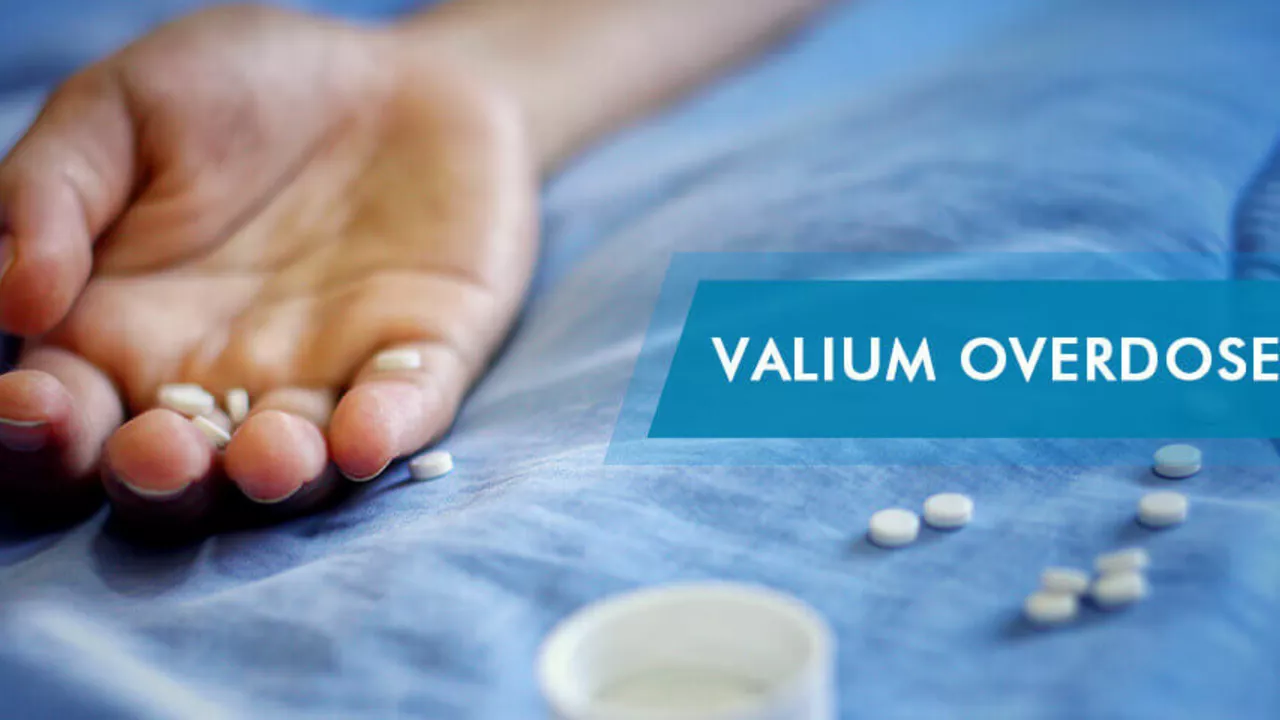Overdose Symptoms You Need to Recognize Right Now
If you ever wonder whether someone is overdosing, the answer lies in watching their body’s signals. Overdose symptoms can appear fast, and catching them early often makes the difference between a scary night and a safe recovery.
Common Signs Across Different Substances
Most drugs share a few tell‑tale signs when taken in excess. Look for extreme drowsiness or sudden agitation, trouble breathing, confused speech, or a rapid heartbeat. Nausea, vomiting, and intense sweating are also frequent clues. If the person’s skin turns pale, bluish, or feels unusually hot, that’s another red flag.
Specific drugs add their own twists. Opioids often cause pinpoint pupils, while stimulants like cocaine can lead to chest pain and tremors. Benzodiazepines might make the victim slur words and lose coordination. Knowing these quirks helps you narrow down what’s happening.
What to Do When You Spot an Overdose
The first move is always to call emergency services—don’t wait to see if symptoms fade. While help is on the way, keep the person awake and sitting up if they can manage it. If they’re unconscious but breathing, turn them onto their side in the recovery position to protect their airway.
Never give food or drink unless a medical professional tells you it’s safe. If you have access to naloxone (an opioid‑reversal kit) and suspect an opioid overdose, administer it right away; it can buy crucial minutes until paramedics arrive.
Stay calm, note any pills, powders, or containers you see, and share that info with the responders. The more details they get, the faster they can give the right antidote.
Overdose isn’t just about illegal drugs—prescription meds and even over‑the‑counter products can cause serious reactions when misused. Keep all medicines out of reach of children and never mix substances without a doctor’s guidance.
Remember, spotting overdose symptoms early and acting fast saves lives. Trust your gut, call for help, and follow these simple steps to give someone the best chance at recovery.

